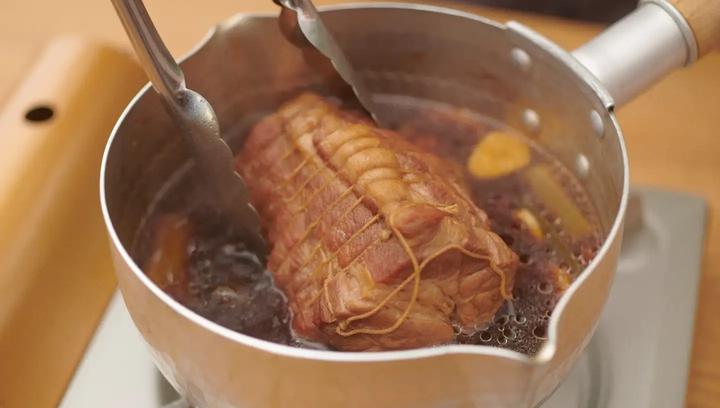Oil vs Water: The Science of Cooking at 100°C
While both oil and water can be maintained at 100°C, they create distinctly different cooking effects due to their thermal properties, heat transfer mechanisms, and interaction with food. Understanding these differences helps explain various cooking techniques.

The question of whether cooking in 100°C oil produces the same results as boiling in water touches on fascinating aspects of culinary science. Several key factors create significant differences between these cooking methods.
Heat Transfer Efficiency Water is remarkably efficient at transferring heat, with a thermal conductivity roughly three times higher than cooking oil. At 100°C, water’s thermal conductivity is approximately 0.58-0.61 W/(m·K), while cooking oil ranges from 0.17-0.23 W/(m·K). This means water transfers heat to food more rapidly and uniformly than oil at the same temperature.
Physical State Differences When water reaches 100°C, it creates a turbulent boiling environment with vigorous bubbling and circulation. Oil at 100°C remains relatively calm, as its boiling point is much higher. This difference in behavior significantly affects how food cooks in each medium.
Traditional dishes illustrate these principles well. Duck confit, a French classic, involves cooking duck slowly in oil at temperatures between 76-135°C for 4-10 hours. This gentle cooking method in oil produces remarkably different results from water-boiled duck, demonstrating how the cooking medium impacts the final product.
Moisture Retention and Texture Foods cooked in 100°C water experience different moisture dynamics compared to those cooked in oil at the same temperature. Water cooking tends to cause more rapid protein denaturation and can lead to moisture loss through the turbulent boiling action. Oil cooking at this temperature typically results in gentler moisture changes and can help preserve food structure.
A practical example comes from Chinese cuisine, where “oil-poached” fish balls demonstrate markedly different texture and flavor compared to their boiled counterparts. The oil-cooked version typically retains more moisture and develops a smoother texture.
Surface Effects and Browning Even at identical temperatures, oil and water interact differently with food surfaces. Oil can penetrate certain foods and create distinct textural changes that water cannot replicate. Additionally, oil can maintain contact with food surfaces more consistently than turbulent boiling water.
Cooking Time Considerations For dishes requiring extended cooking times, the differences between oil and water at 100°C become even more pronounced. Water’s vigorous boiling action can physically break down foods over time, while oil’s gentler environment better preserves food structure during long cooking periods.
Through these various mechanisms, cooking in oil versus water at 100°C produces notably different results, even when the temperature remains constant. This explains why many traditional recipes specify one medium over the other, as each creates unique culinary outcomes that cannot be replicated by the other method.